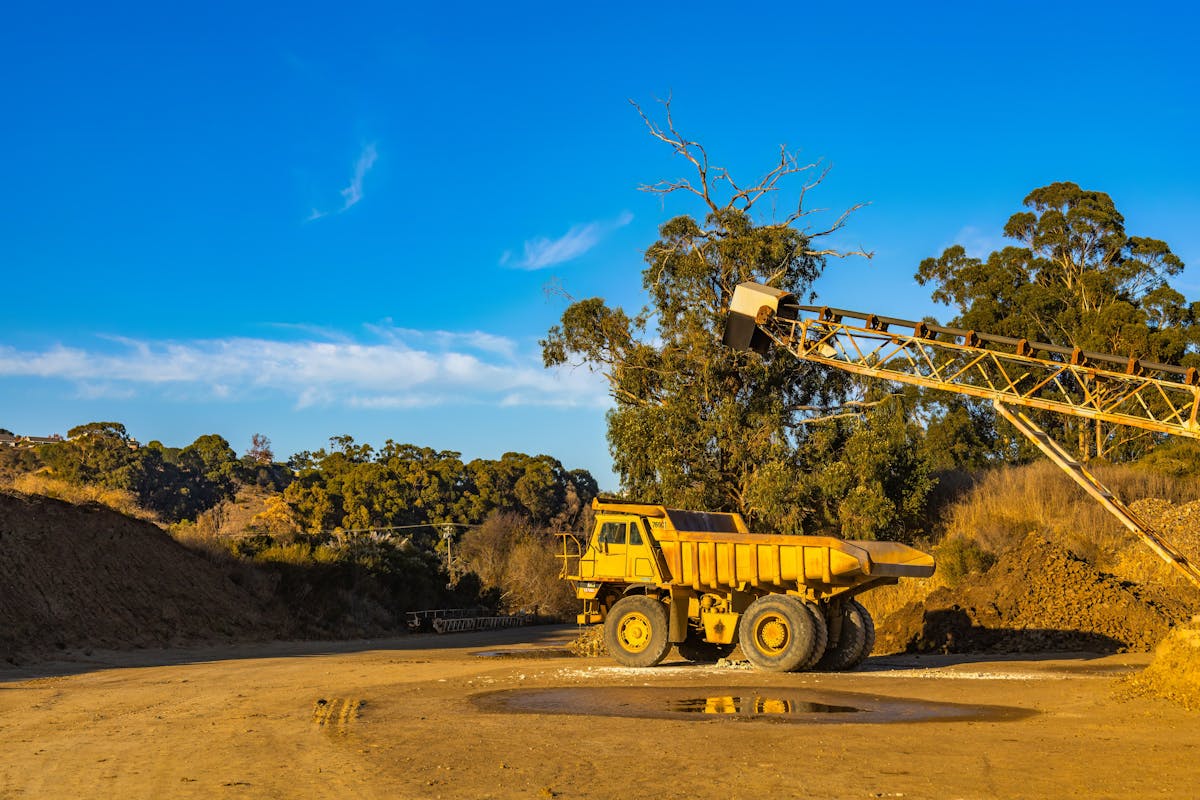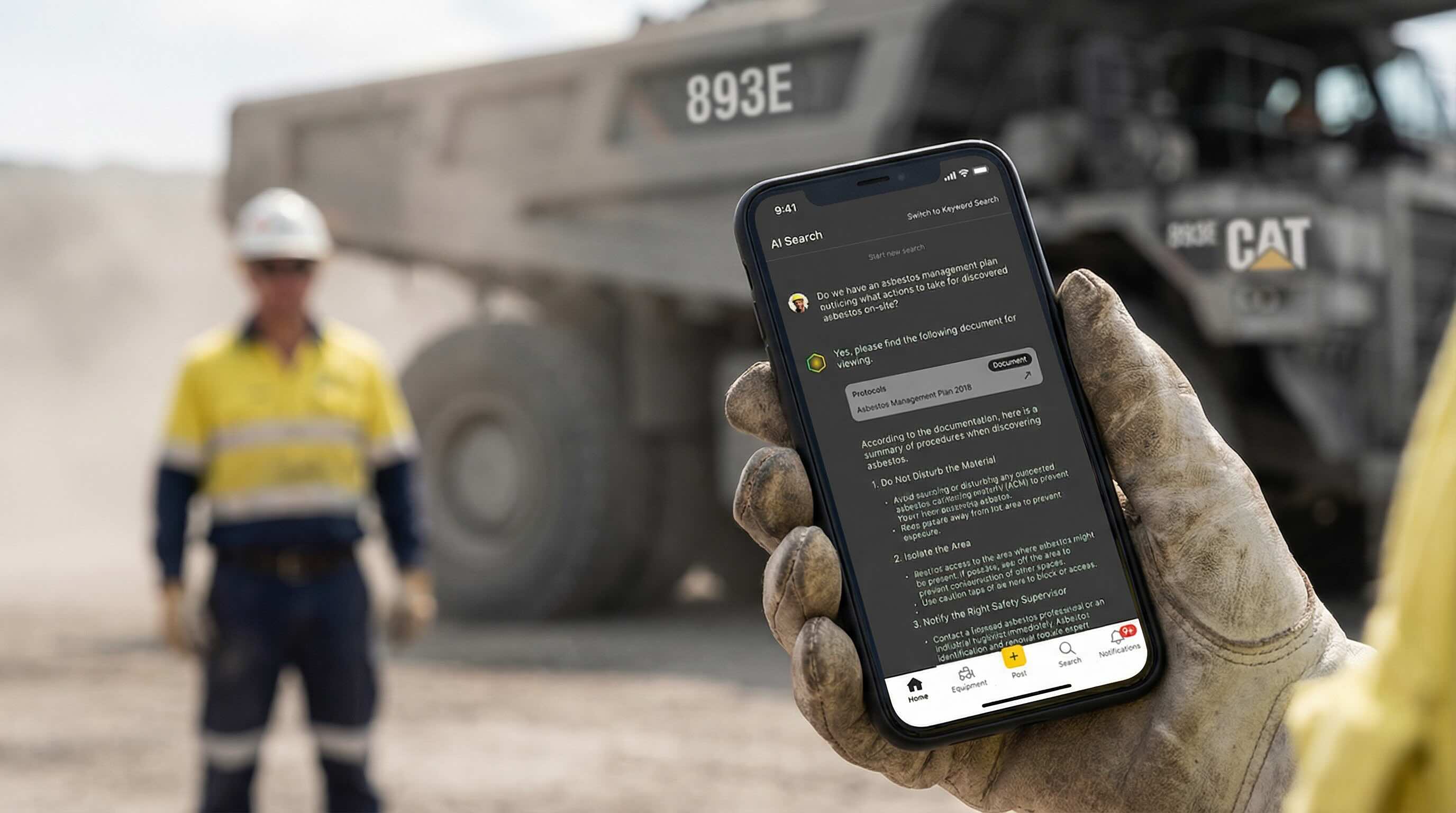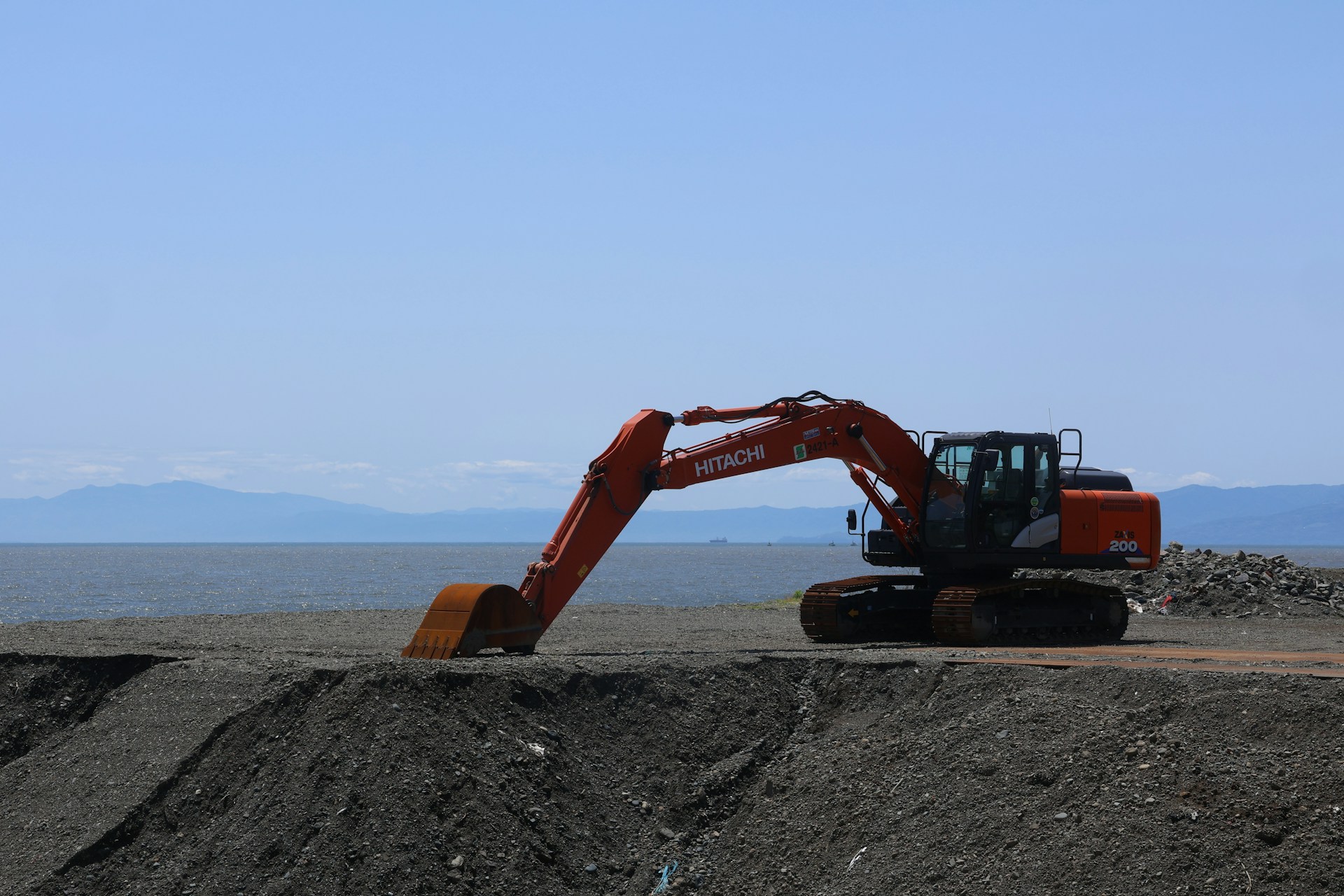Learn how equipment knowledge sharing helps crews avoid repeat issues, shorten downtime, and get smarter about machine fixes across job sites.
Construction projects, especially those filled with heavy equipment, lean just as much on field know-how as on machines. When jobsite lessons never get written down or shared, repairs slow, mistakes repeat, and downtime eats away at progress. Equipment knowledge sharing gives crews a way to carry lessons forward, so yesterday’s fix becomes tomorrow’s time saver. With options like searchable forums, clear tags, and daily logs, smart teams keep experience in motion—and cut out wasted hours chasing known problems.
The Hidden Cost of Unshared Fixes
When a field repair never gets posted or logged, the next shift often runs into that problem blind. They waste entire mornings tracking down a vibration or guessing at why a simple latch keeps breaking. The fix might have been found months ago, but without a record, history repeats.
Think about the track loader with an overheating issue. One crew figures out a simple shield tweak solves it, but nobody records that info. Weeks later, another squad faces the same problem but ends up checking the system from top to bottom—missing the quick fix everyone could have used.
This lack of knowledge transfer stings most for rotating teams or seasonal hires. They are already getting used to the gear, the people, and the schedule, and with nothing firm to lean on, they burn precious time repeating old mistakes. When memory walks off the site, so does progress.
Turning Field Notes into Shared Memory
Not every insight is a breakthrough. Sometimes, what moves the job forward is knowing a lug nut shakes free under vibration or that a grader’s front tire wears oddly on certain grades. These are the scraps of knowledge that, when logged, help everyone.
Crews now have practical ways to capture these lessons. Voice memos at the end of a shift, a fast mobile post tied to equipment ID, or a tagged entry with a quick photo all work. The easier it is to log a fix, the more often it happens—and the more repeat trouble gets avoided.
Structure matters. A voice note tagged to a Komatsu, a checklist flagged to a certain loader, or a photo linked to a job number all make searching simple. The right structure helps anyone grab what they need, right when a surprise hits.
Torqn’s collaboration platform allows users to post text, voice, or image updates directly from the field, linking them to any machine or task, so off-the-cuff observations or emergency fixes never go missing.
Forums and Tags: Why Structure Matters
Workshop talk is easy to lose, but searchable forums stick around. When brand or model tags organize posts, it is easy for the next person to find a solution instead of guessing.
For instance, a team tweaks Komatsu loader pedals for comfort on long days. By posting the method with the right tag in a forum, the tip gets stored as a searchable fix for everyone. Weeks or months down the line, the next operator gets to skip the learning curve.
These fixes stack up into field standards over time. They do not need fancy tech, just a clear, repeatable process. As machines rotate in and out, and crews come and go, structured tips become everyday best practices that keep projects on track.
With Torqn, each note or solution can be tagged by manufacturer, equipment type, or job site for targeted searches, which means fewer repeated mistakes on every shift.
Fall Projects Move Fast—So Should the Info
By October, job sites are racing the calendar. Final grading, surface work, and drainage all fight with colder weather closing in. There is no slack for repeated mistakes or slow repairs. One missed fix or unflagged fault can force a team to cancel a pour or delay a deadline for days or weeks.
This is when equipment knowledge sharing is at its sharpest. A running log showing which gear wore out, which parts are in short supply, or which error codes have been handled prevents last-minute scrambles. Knowing about yesterday’s repair—or a workaround for a part that is not due for days—can mean everything in the rush before winter.
A quick post warning the next crew about a belt that keeps slipping, or a reminder that a certain machine acted up in the cold, goes a long way during this fall push. Shared info not only keeps work moving but also stops those panic troubleshooting loops that eat up precious daylight.
Built to Save Time and Trouble Later
Every piece of equipment carries the marks of everyone who ever ran it—both mistakes and creative fixes. The difference between repeating those blunders and gaining from them comes down to whether or not they are shared.
Teams with strong equipment knowledge sharing habits start every task on firmer ground:
- New projects move faster from the first day
- Seasonal hires spend less time guessing and more time working
- Teams lose fewer hours chasing the same gremlins across the fleet
When daily logs and smart forums become normal, experience turns into a living resource, not just a lucky break. The smartest fix is the one the last crew gave you. Keeping that in reach is how the best teams keep machines moving—no matter who is working the next shift.
Keeping teams aligned starts with having a steady way to capture what really happens on the job, especially when machines rotate between crews and conditions change fast. At Torqn, we’ve seen how the small habits—logging fixes, flagging wear, sharing part insights—become the routines that keep work moving. When those habits are shared, everyone gets better. To see how crews are building smarter systems through equipment knowledge sharing, we’re here to chat. Let’s connect.









